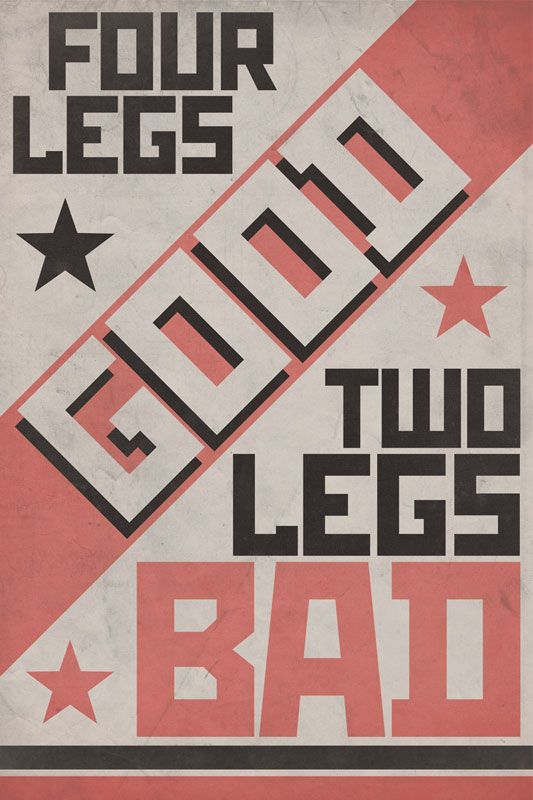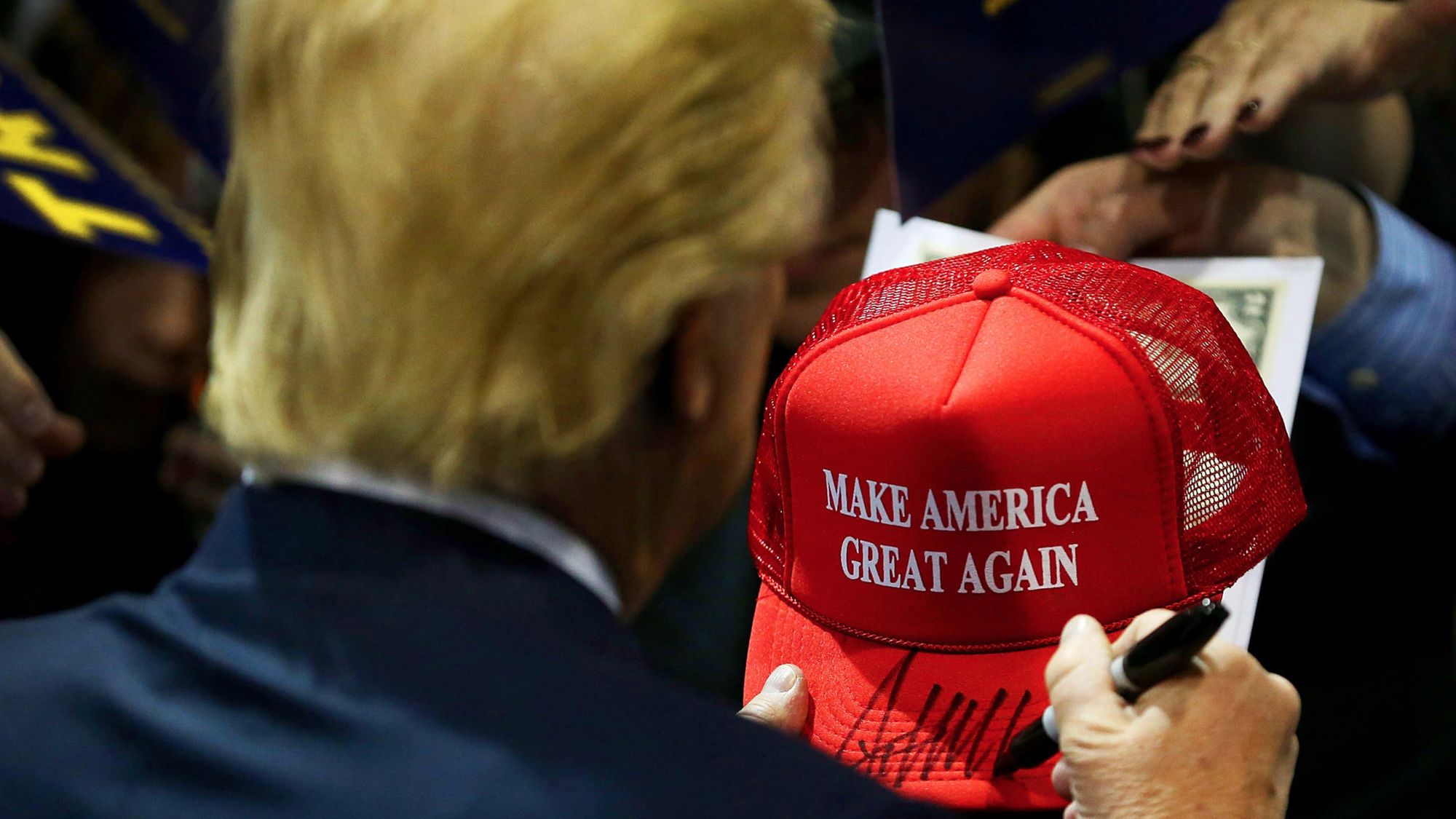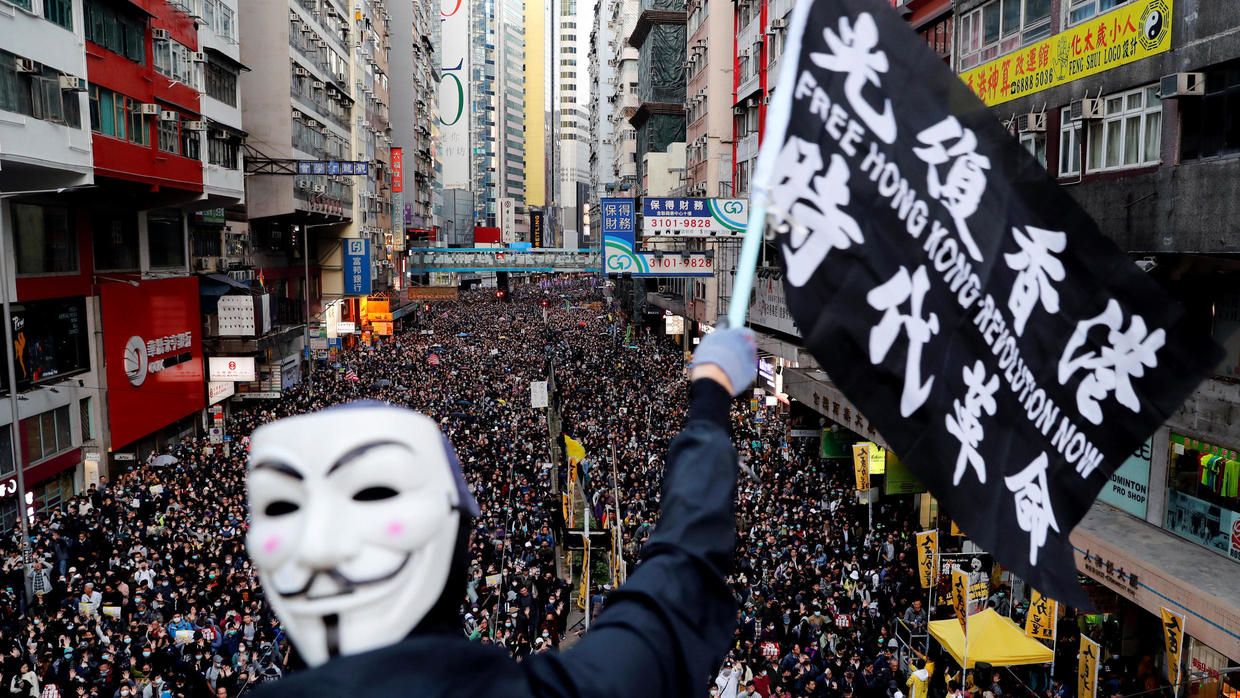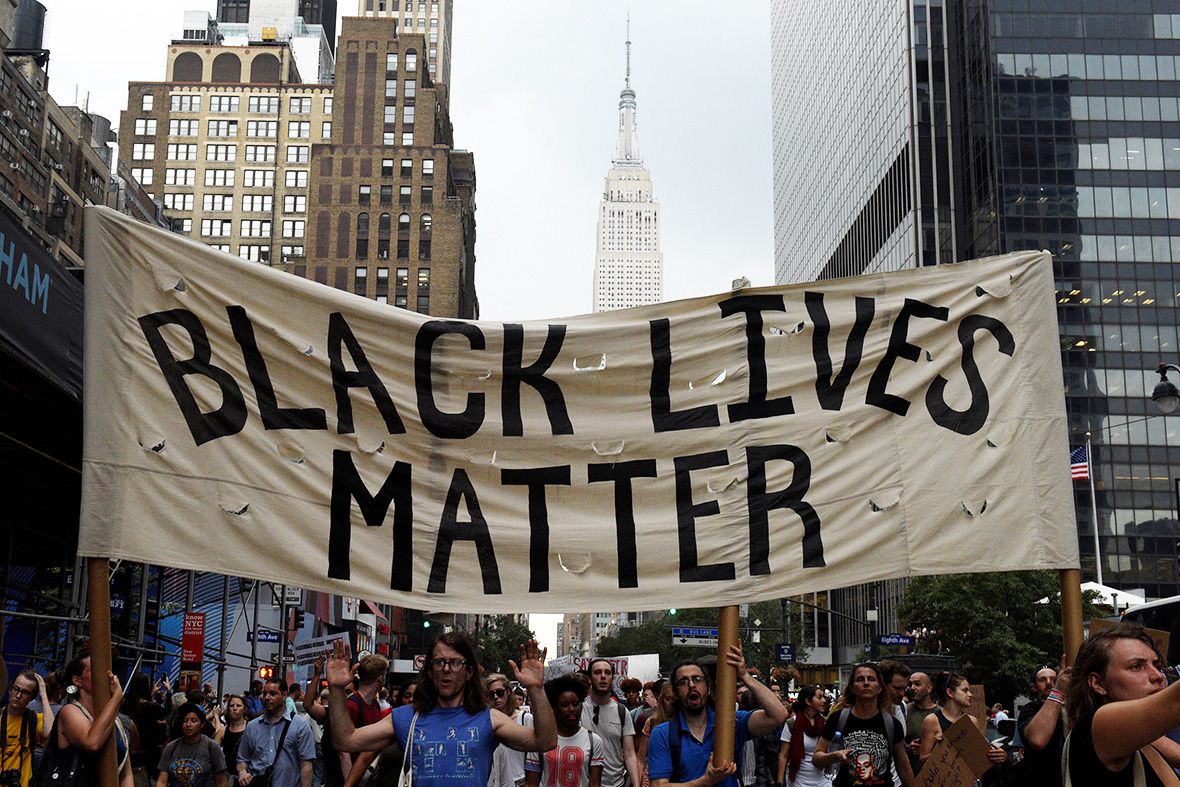
Imperialism is often associated with the militaristic invasion of the West to the rest of the world. Most American youth today would say that Western Imperialism has made the world a paradise for Caucasian men, while the rest of the world cannot attain the same privilege. When imperialized, one has to surrender one’s former culture, language, and even thoughts in order to assimilate, or else be treated unequally.
For the last 400 years, this definition of imperialism has been quite accurate. European powers such as Britain, Spain, and France had conquered the majority of the world at their peak. Britain had the most colonies out of all the empires. It was also undeniable that there was discrimination based on the inability or refusal of assimilation in all imperial powers.
Even though militaristic imperialism has mostly ceased in the 21st century, modern powers still engage in economic warfare. This can certainly in large part be attributed to world leaders from the 1980s, such as Ronald Regan of the United States, Margaret Thatcher of the United Kingdom, and even Deng Xiaoping of China. All took the neoclassical1 approach to the world economy. But the tensions continued in the rival ideologies of capitalism and communism; people who were found to support the opposite would be silenced, imprisoned, or executed. Militaristic imperialism was on the decline, but thought imperialism had not ceased, and the consequences of not assimilating one’s thoughts remain the same - be humiliated.
The Fight Against Imperialism
Because of the violence and injustice of Western Imperialism, most people today would take the stance that imperialism, in general, has done more harm than good. To combat this, some organizations such as Black Lives Matter believe that people should “work vigorously for freedom and justice for Black people and, by extension, all people.” The incentive behind this is to eradicate the root problem of discrimination and inequality so these problems will cease to exist.
While the motivation to eliminate discrimination is pristine, this philosophy has one major internal contradiction, and several practical ones.
A Major Philosophical Problem
An internal contradiction arises when the razor fails to meet its own standards. The most notable example of such is the phrase “There is no truth.” If true, then there is truth, which renders the statement false. If false, then false, again. While some critics of imperialism have tried to eradicate imperialism of all kinds, the razor inevitably betrays itself. In the distant past, military imperial powers had their subjects assimilate to their culture and language. In recent times, world powers have their subjects conform to government and economic structures. Today, critics of both have their practitioners actively denounce and fight against these ideals. But those who criticize the past fail to realize that their present fight, much like their subjects of critique, is also to establish an ideal society with cultural values, language, government, and economic structure. The resistance against the violence of the past has not advanced philosophically but has, rather, stayed idle. But under basic epistemological principles, asserting universal claims is unavoidable, as each has his own ideas and worldview and wishes to advance them. Because of this, thought imperialism will continue to exist regardless of faction or worldview.
Practical Problems
Besides the philosophical problem of eliminating imperialism as a whole, there also exist at least two practical problems with this goal. The critics of imperialism who fight against injustice have either intentionally or unintentionally made their comrades do violence on people who do not hold the same view. A notable example is a pro-Beijing lawmaker in Hong Kong who was stabbed by a false supporter. While the Hong Kong Independence Movement has been a critic of the Mainland’s violence against Hong Kong by seizing more control, the Movement has had minimal criticism of this specific violence. This shows that a double standard is being upheld by those who criticize the violence of others but neglect the violence done against their opponents.
Another factor that intensifies this problem is when practitioners are emotionally motivated rather than grounded on a rational basis. This is the most manifested in the 2020 protests in the United States, with an angry mob chanting “Black Lives Matter” as it destroyed an African-American’s business. This is not to say that one mob of rioters reflects the entire organization as a whole, but to demonstrate when its practitioners are led by emotions would more likely to fall into hypocrisy. The incentive behind the eradication of imperialism in power structure is to eliminate the violence and discrimination behind it. But in this case, its practitioners had regrettably fallen into the very attitude that they had been protesting against.



The Alternative
Although we cannot stop the imperialism of thought, we can avoid some other implications of imperialism. At no point should we promote more violence and injustice, and the critics of imperialism are right about this. We can eliminate the violence, but we cannot escape the imperialism of thought. In one way or another, we are “imperializing” one another, to conform to our ideal standards or worldview. Even this article itself is unapologetically demonstrating this fact. But in engaging in these discussions there is no need for a violent response. Though one might disagree with the content or ideas of this article, for example, both parties should still be able to discuss such matters without physically attacking or even threatening one another. As such, we need to start intellectually understanding the slogans being chanted and avoid conforming to a double standard when engaging in discussions.
1 The neoclassical approach to the economy is to regulate the importation and exportation of goods mainly based on supply and demand theory. This is one of the factors which drove most of the world to engage in economic warfare instead of militaristic warfare.

